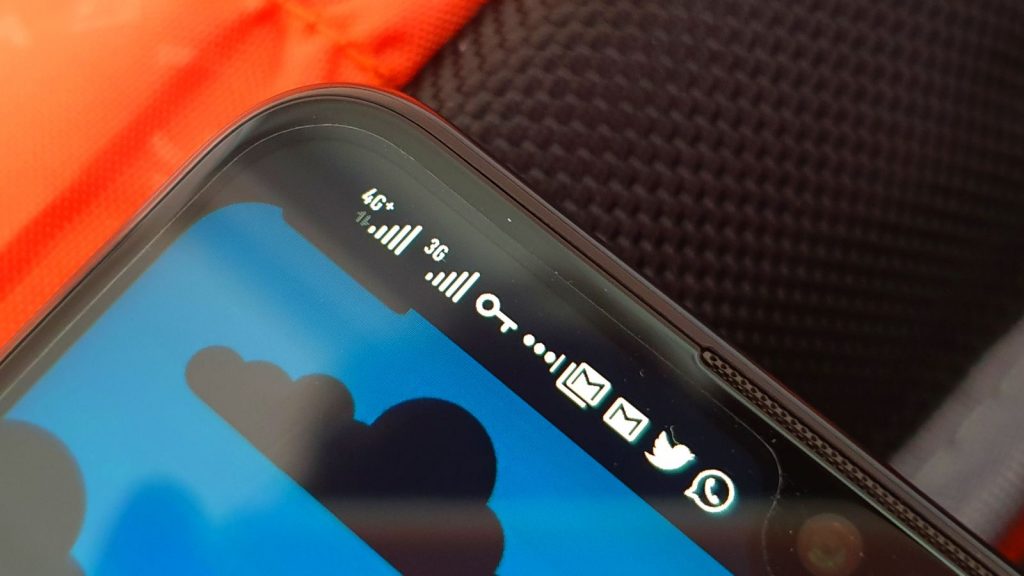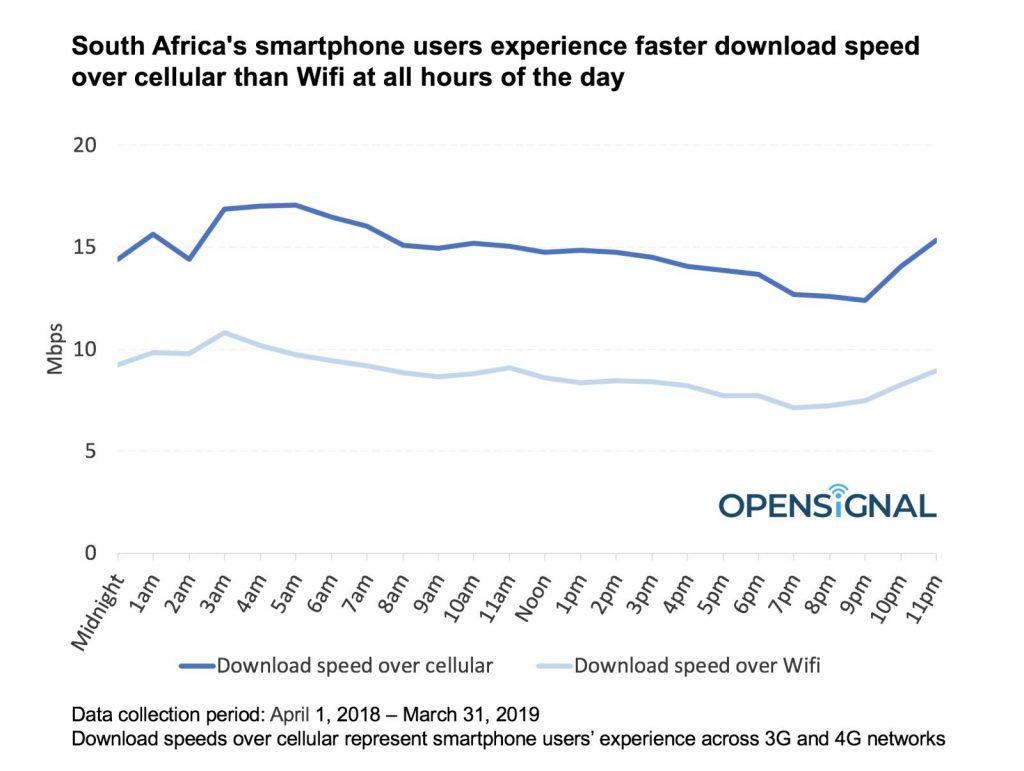Sony launches the WF-1000XM6 in South Africa with upgraded noise cancelling, better call clarity and premium sound. Pricing starts at R7,999.
Data suggests South Africa’s WiFi speeds still suck compared to cellular

According to a new report, South Africa’s WiFi speeds still lag well behind the country’s mobile networks, despite WiFi networks’ rising popularity, and 4G’s wider availability.
In a new study published by network firm Opensignal, South Africans smartphone users see much faster download speeds when connected to mobile networks than WiFi, even during peak traffic periods.
The study, which surveyed around 90 000 devices between January 2018 and March 2019, suggests that “smartphone users on average enjoy 14.8 Mbps in download speed when they access the internet using cellular networks — which we measured by looking at all 3G and 4G readings — but only 8.8 Mbps in download speed when connected to WiFi”.
Unsurprisingly, data speeds for both cellular and WiFi picked up in the early hours of the morning, when demand was lowest, and dropped in the late evening when demand increased.

“South Africa’s download speeds over mobile networks — which we measured by using our 3G and 4G readings — were slowest between 7pm and 9pm, but smartphone users could still experience 12.4 Mbps over cellular networks compared to 7.1 Mbps over WiFi,” noted Opensignal.
“When speeds were fastest — between 3am and 5am — users faced a similar difference across the two technologies with our measurements across 3G and 4G reaching 17 Mbps, while speeds over Wifi peaked at 10.8 Mbps.”
However, likely due to mobile data costs and caps, WiFi continues to be a popular option.
“Our Time on WiFi metric, which represents the percentage of time mobile devices are connected to WiFi networks, increased from 36.3% at the beginning of 2018 to 39.7% in the first quarter of 2019, showing that our smartphone users now access the internet over WiFi two-fifths of the time,” the report continued.
This data’s intriguing too, considering the now widespread availability of 4G networks. Opensignal suggests that a 4G network is available more than 75% of the time in Q1 2019, up from less than 70% just a year earlier.
Feature image: Andy Walker/Memeburn


